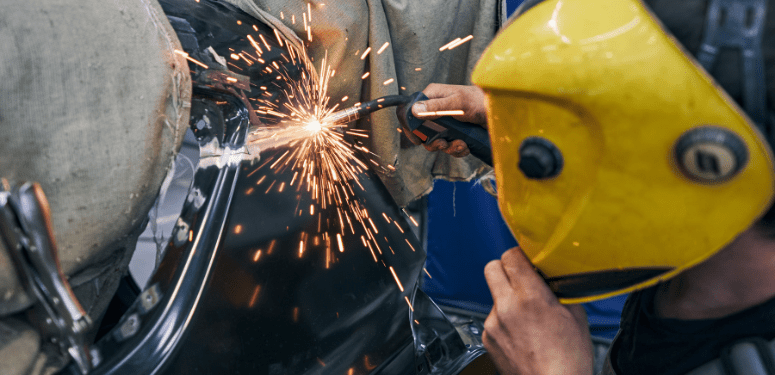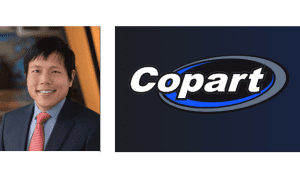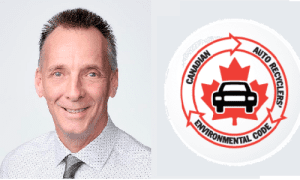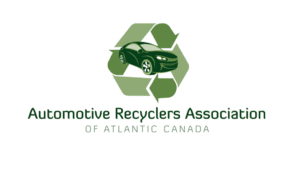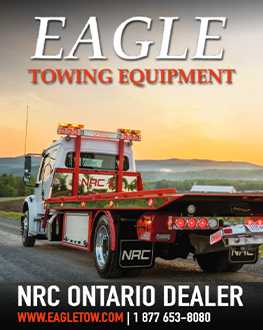Victoria, British Columbia — An Automotive Retailers Association B.C. Auto Recyclers’ Division (BCAR) summary analysis on EVs sold via ICBC auctions in 2023 and their rebuild and inspection rates reveals that, despite a high number of EVs being designated for rebuilding, only 20 percent of these vehicles were successfully rebuilt to pass the Commercial Vehicle Safety and Enforcement (CVSE) inspections.
“This analysis highlights the significant exportation of salvaged EVs, which impacts British Columbia’s ability to develop a local zero-emission vehicle (ZEV) recycling and repurposing infrastructure.
BCAR notes that 652 EV units were sold via ICBC auctions in 2023; these were either rebuild-designated vehicles (588 units or 90 percent of total) or dismantle parts only (DPO) (64 units or 9.8 percent of total).
The report notes that 546 EV units were sold as rebuilds to parties in the rebuilders/dealers and joint wreckers/rebuilders categories. Of those vehicles, 108 were rebuilt and passed the CVSE inspection. There were 47 Teslas; 16 Nissan Leafs; eight Chevy Volt/Bolts and zero Audi e-Trons. The remaining 39 units were a mix of BMW, Volkswagen, Kia, etc. Only 20 percent of the EVs sold for rebuilding were successfully rebuilt.
When comparing inspection results to rebuild sales, 414 Teslas were sold to the rebuilder/dealer category, but only 47 Teslas were rebuilt and inspected, notes the BCAR report. This represents an 11.3 percent rebuild rate for Teslas in the rebuilder/dealer category.
Out of the 43 Teslas sold in the joint wrecker/rebuilder category, only 17 were designated DPO.
“Assuming 50 percent were sold to facilities not intending to rebuild, only a fraction of the remainder would have been successfully rebuilt and inspected,” reads the BCAR report.
“This low rebuild rate highlights barriers such as high repair costs, lack of parts, and the need for specialized training and infrastructure investment to handle EV components, especially their batteries.”
BCAR concludes the report by stating the need for stronger policies and industry collaboration should B.C. meet its 2035 ZEV mandate.
The organization’s recommendations are:
- Incorporate lithium-ion batteries into the vehicle dismantling and recycling industry environmental planning regulation: This will ensure that end-of-life EV batteries are properly handled, minimizing environmental impacts and creating opportunities for recycling within BC.
- Develop Salvage Buyer Policies to Reduce Exports of Salvaged EVs: Work with ICBC, government and stakeholders to introduce policies and regulations that disincentivize the exportation of EVs and their batteries, encouraging local recycling and reuse instead.
- Incentivize Local Battery Repair, Remanufacturing, and Recycling: Provide incentives for the development of industries focused on battery refurbishment and recycling. This will reduce the need to export EVs and their components and support the growth of a circular economy.



